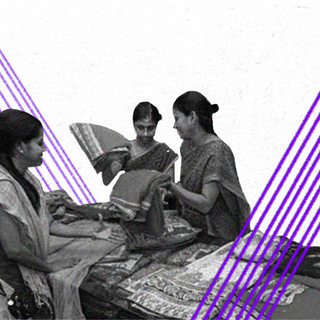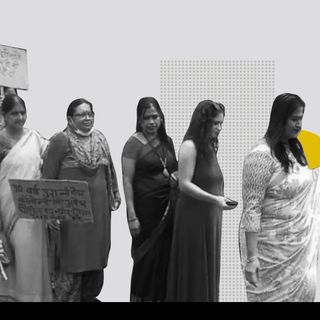The Central University of Kerala has issued a “gag order” preventing staff and faculty members from making “anti-national” statements.
While the university has threatened anyone who violates the order with disciplinary action, many argue that by virtue of its very existence, the gag order in itself is a threat to academic freedom.
“The administration has created an atmosphere of fear on the campus with such decisions, although most of us are against curtailing academic freedom,” a faculty member at the university told The Telegraph on the condition of anonymity.
The faculty member added that the order was issued in the aftermath of Gilbert Sebastian, an assistant professor in the department of international relations and politics at the university, who was suspended in May over accusations of making “anti-national” remarks to first-year Master of Arts students. Reportedly, while teaching an online class on “Fascism and Nazism,” Sebastian had described the Sangh Parivar organizations, as well as the current government as “proto-fascist” — in addition to criticizing their move to export Covid19 vaccines to other countries without taking into account the needs of Indian citizens first.
While the RSS student arm, ABVP, had threatened agitation against the university for failing to reprimand Sebastian, he was subsequently reinstated in June. The New Indian Express reported that a three-member committee appointed to investigate the matter didn’t find Sebastian’s lecture “anti-national”, which resulted in his reinstatement.
Related on The Swaddle:
India Slips From ‘Free’ To ‘Partly Free’ in Global Freedom Report0
However, the university’s Executive Council continued to refer to his remark as “anti-national,” and directed the vice-chancellor to issue a circular prescribing strict action against people for making similar remarks in the future.
This has resulted in a circular from the university, which states “The faculty members/employees should abstain from giving any type of provoking lectures/statements that are anti-national and will be against the interest of the nation. Strict disciplinary action will be taken against those who indulge in such activities in future.”
However, this isn’t the first time an Indian university has attempted to censor its faculty members in the recent past. In fact, in 2018, the same university had suspended another associate professor for writing a Facebook supporting a Dalit student, who had been arrested on the charge of breaking the glass pane of a fire alarm cabinet at the university hostel — calling the criminalization of the action a “deeply disturbing” reaction to a minor misdemeanor by a grieving student, who had recently lost his mother.
Moreover, a report from November 2020 found India’s respect for academic freedom has deteriorated steeply since 2014, coinciding with the time the current government took control of Parliament. This resulted in India’s Academic Freedom Index (AFI) score, which determines the level of free speech and security universities and academic centers enjoy, falling from ‘B’ in 2014 to ‘D’ now — comparable to the score of countries like Saudi Arabia and Libya.
“Incidents reported in recent years suggest that India’s UAPA [Unlawful Activities Prevention Act, 1967] and its application in cases targeting scholars and students for nonviolent activity run counter to international human rights norms and responsibilities, risk criminalizing legitimate discourse and nonviolent dissent, and undermining scholars’ and students’ exercise of academic freedom,” the report noted.




